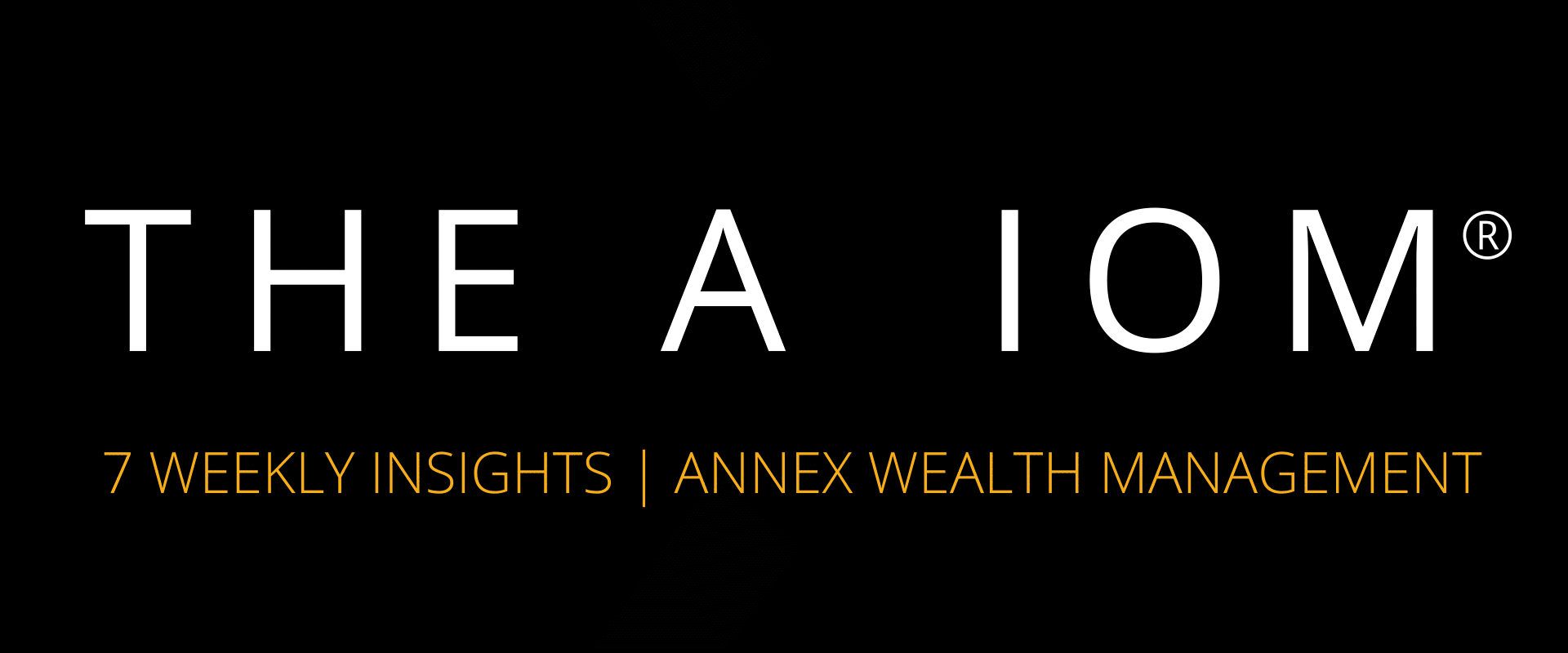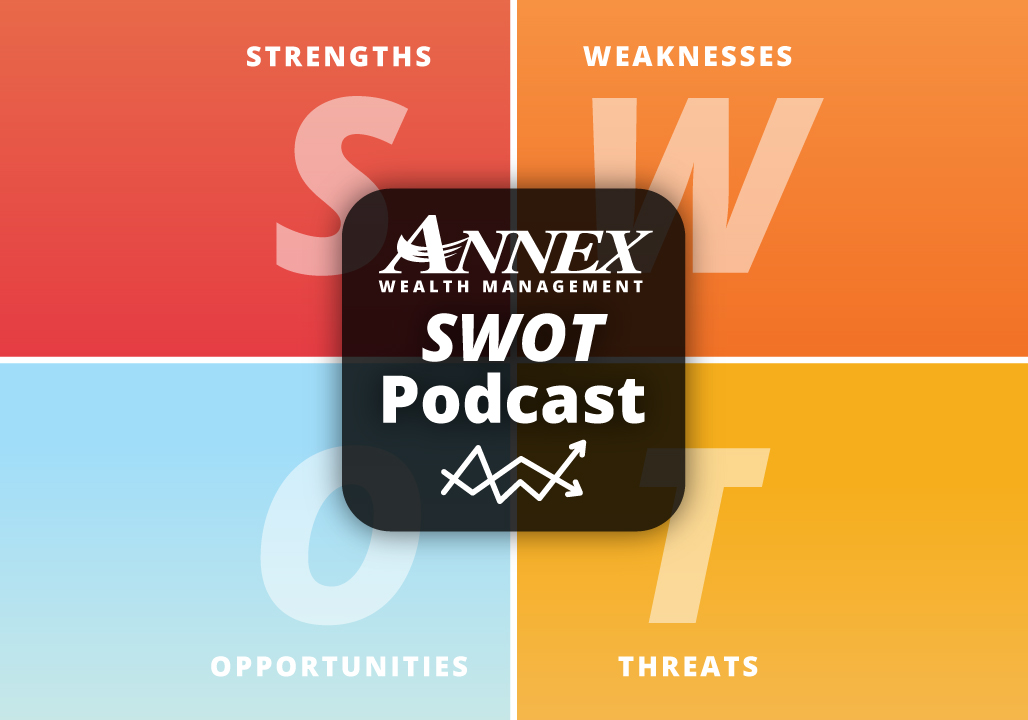
1. Atlanta Fed Report: US Economy More Durable Than Expected 2. How Do You View Your Inbox? 3. Last Call: The Gift Of Education Webinar 4. New Or False Dawn? It May Be A Little Of Both 5. Ask Us A Question! 6. “Change before you have to.” 7. Retirement: Beyond The Financial Plan
1 | Week In Review
Economists previously guaranteed a recession – but the recent Atlanta Fed Report says otherwise. Annex Wealth Management’s Dave Spano and Brian Jacobsen discuss.
2 | Poll Recap

Here they are! The results are in from last week’s Axiom Poll are in: How Do You View Your Inbox:
-
-
- 46% Use a combination of desktop, phone and tablet
- 19% Prefer to use their desktop computer
- 19% Prefer to use their phone
- 14% Prefer to use their tablet
- 2% Of readers prefer an alternate means to view their inbox
-
Almost half of our readers use an array of technology to view their inbox, with a close tie for runner-up using desktop computers or their phones. Although this poll demonstrates our readers’ preference for how to view their inbox, your email inbox itself could reveal more than you realize about your personality. Managing your inbox can be an underrated workplace trait that may lead to misconceptions by others about your personal work ethic. Read on to discover if you may be a filer, saver, or ignorer and what that reveals about your personality.
If you see a message in your inbox and immediately act on it, you may be a filer, also referred to as a “deleter.” Chances are you read the email, reply if it requires one, and then delete it as it’s no longer useful or send it to the archives in a predetermined organizational folder. The thought process of a filer may feel an increase in anxiety with email responses looming on unread messages from others. This jolt of anxiety is compliments of a release of cortisol within the bloodstream with a lack of feeling in control. However, once a filer’s inbox is under control feelings of anxiety decrease, until the next notification of new mail. Current unread email count: zero.
If you have a handful of unread emails but would rather get frostbite on your toes before deleting a message, you may be a saver. The thought of deleting an email may feel outside your level of risk tolerance, and saving the email can provide a sense of security knowing you can find the information in the future if needed. Saving behavior can be compared to perfectionism, with the idea that the emails will all be addressed eventually and responded to, not missing out on any communications. The saver often will have a to-do list that is so long, it is no longer useful and a pile of clothes that still have buttons to be sewn back on sitting on a chair in their bedroom. Current unread email count: 5.
If you have dozens or hundreds of unread emails in your inbox you may be an ignorer, which isn’t necessarily problematic behavior as its classification suggests. On the one hand it may be viewed that you’re overwhelmed or disconnected. On the other hand, it can also mean that you’ve acknowledged that spending time monitoring and classifying those emails isn’t helping you make progress. According to Ron Friedman, “email reflects other people’s priorities for you, not necessarily important work that requires your immediate attention.” Some email ignorers may actually be more organized and productive than everyone else. Current unread email count: 112.
In the end, consider if keeping a tidy inbox is something you should worry about and give time to. It can be impossible to look at anyone’s inbox and make a single blanket judgement about their work ethic. Your email management strategy can depend heavily on your profession and the standard flow of email in your office. The forementioned email management styles can provide insights from technological and psychological experts into connections between email habits and personality traits (Source).
BACK TO TOP ↑
3 | Client Exclusive
Last Call: The Gift Of Education Webinar

Join us this Tuesday, August 22nd @ 12:00 pm – 1:00 pm CT
Thinking about giving your child or grandchildren’s future a boost with money set aside specifically for their advanced learning?
This workshop delves into education planning tools called 529 plans, which utilize state run programs providing income tax credits to contributors. We will look at how to set them up, benefits they provide, understanding what a qualified expense is, and how UTMAs and the new laws impact grandparent plans and a child’s FAFSA application for financial aid.
Webinar starts: 12:00 PM CST/ 1:00 PM EST
CLICK HERE TO REGISTER
BACK TO TOP ↑
New Or False Dawn? It May Be A Little Of Both
BACK TO TOP ↑
5 | Ask Annex
Ask Us A Question!
6 | Quote of the Week

BACK TO TOP ↑
BACK TO TOP ↑
Annex Wealth Management provides free workshops, open to the public, on key wealth management topics.
BROWSE EVENTS →


